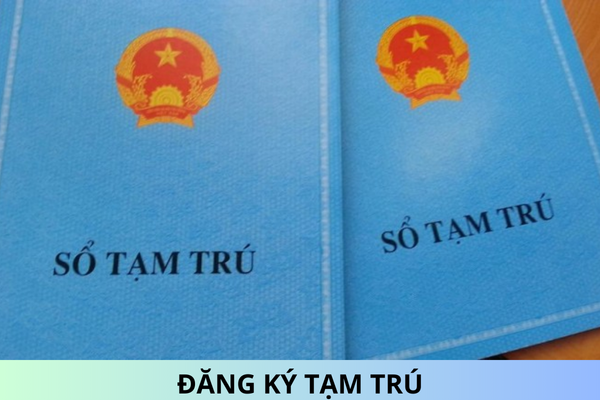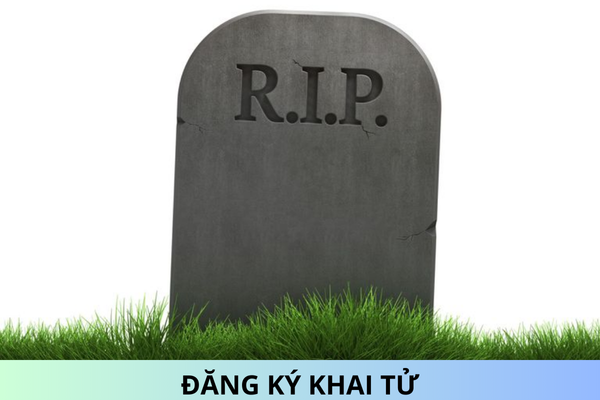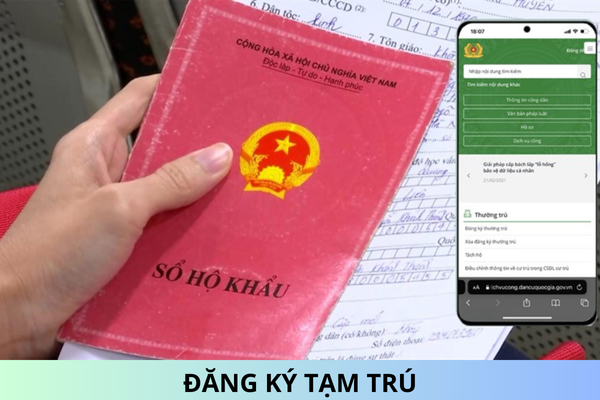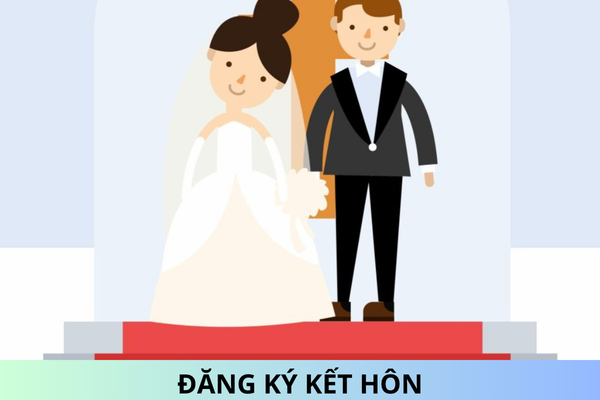The Latest Cases of Nullification of Civil Transactions in 2024? What are the Legal Consequences of Nullified Civil Transactions?
In Case of the Latest Void Civil Transaction 2024? What Are the Legal Consequences of a Void Civil Transaction?
When is a Civil Transaction Invalid?
Article 122 of the 2015 Civil Code stipulates the invalidity of civil transactions as follows:
Invalid Civil Transaction
A civil transaction is considered invalid if it does not meet one of the conditions stipulated in Article 117 of this Code, except as otherwise provided in this Code.
Thus, a civil transaction is invalid when it fails to meet any of the following conditions, except as otherwise provided in the 2015 Civil Code:
- The subject has the civil legal capacity, civil act capacity appropriate to the civil transaction established.
- The participation in the civil transaction is entirely voluntary.
- The purpose and content of the civil transaction do not violate prohibitions of the law and are not contrary to social ethics.
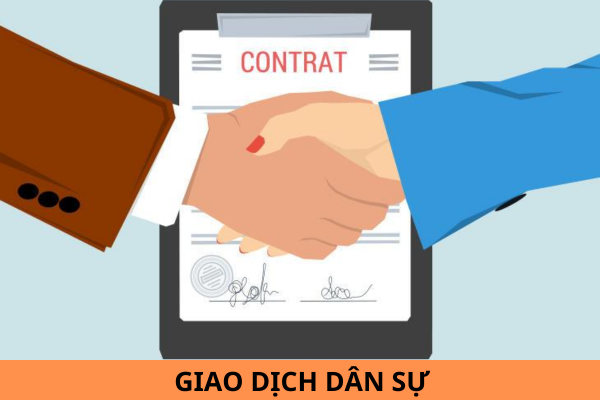
Latest cases of invalid civil transactions in 2024? What are the legal consequences of an invalid civil transaction? (Image from Internet)
What are the Legal Consequences of an Invalid Civil Transaction?
Article 131 of the 2015 Civil Code stipulates the legal consequences of invalid civil transactions as follows:
Legal Consequences of Invalid Civil Transactions
An invalid civil transaction does not give rise to, change, or terminate the civil rights and obligations of the parties from the time the transaction is established.
When a civil transaction is invalid, the parties shall restore the original state and return to each other what they have received.
If it is not possible to return in kind, it must be converted to a monetary value for the return.
The bona fide party in receiving benefits or profits does not have to return those benefits or profits.
The party at fault causing damage must compensate for the damage.
The settlement of the consequences of an invalid civil transaction involving personal rights is regulated by this Code and other related laws.
The legal consequences of an invalid civil transaction are:
- An invalid civil transaction does not give rise to, change, or terminate the civil rights and obligations of the parties from the time the transaction is established.
- When a civil transaction is invalid, the parties shall restore the original state and return to each other what they have received. If it is not possible to return in kind, it must be converted to monetary value for the return.
- The bona fide party in receiving benefits or profits does not have to return those benefits or profits.
- The party at fault causing damage must compensate for the damage.
In What Forms Can Civil Transactions Occur?
Article 119 of the 2015 Civil Code stipulates the forms of civil transactions as follows:
Forms of Civil Transactions
- A civil transaction can be expressed orally, in writing, or through specific actions.
Civil transactions conducted via electronic means in the form of data messages as stipulated by the law on electronic transactions are considered written transactions.
- If a civil transaction law stipulates that civil transactions must be expressed in writing, notarized, authenticated, or registered, such stipulations must be followed.
According to this regulation, civil transactions can occur in the following forms:
- Orally.- In writing.- Through specific actions.
Additionally, a civil transaction conducted via electronic means in the form of a data message about electronic transactions is considered a written transaction.
What Rights are Protected for Bona Fide Third Parties?
Article 133 of the 2015 Civil Code stipulates the protection of the rights of bona fide third parties when civil transactions are invalid as follows:
Protection of Bona Fide Third Parties' Rights When Civil Transactions are Invalid
If a civil transaction is invalid but the object of the transaction is not required to be registered and has been transferred to a bona fide third party, the transaction established and executed with the third party remains valid, except as provided in Article 167 of this Code.
If a civil transaction is invalid but the property has been registered with a competent state agency, and then transferred through another civil transaction to a bona fide third party, and this person relies on that registration to establish and execute the transaction, that transaction shall not be invalidated.
If the property is required to be registered but has not been registered with a competent state agency, the civil transaction with the third party is invalid, except the bona fide third party acquires the property through auction sales by an authorized organization or transactions with someone recognized by a court verdict or decision as the property owner, even though this status is subsequently nullified or changed due to the verdict or decision being annulled or modified.
- The owner does not have the right to reclaim the property from the bona fide third party if the civil transaction with this person is not invalid according to the provisions of Clause 2 of this Article but has the right to sue, requesting the responsible subject leading to the establishment of the transaction with the third party to refund the reasonable costs and compensate for the damages.
As such, the protection of the rights of bona fide third parties is specifically regulated as follows:
- If the transaction involves property that does not require registration, the transaction remains valid unless:- The property is obtained from a contract without compensation with someone who does not have the right to dispose of the property.- The property is possessed against the owner's will.
- If the property requires registration and has not been registered, it must meet one of the following conditions:- The property must be acquired by the bona fide third party through lawful auction.- The property is obtained from someone who loses the right to dispose of it due to a judicial verdict or decision being nullified or modified.
- The property owner cannot reclaim the property from the bona fide third party if the civil transaction executed by this third party is not invalid.
